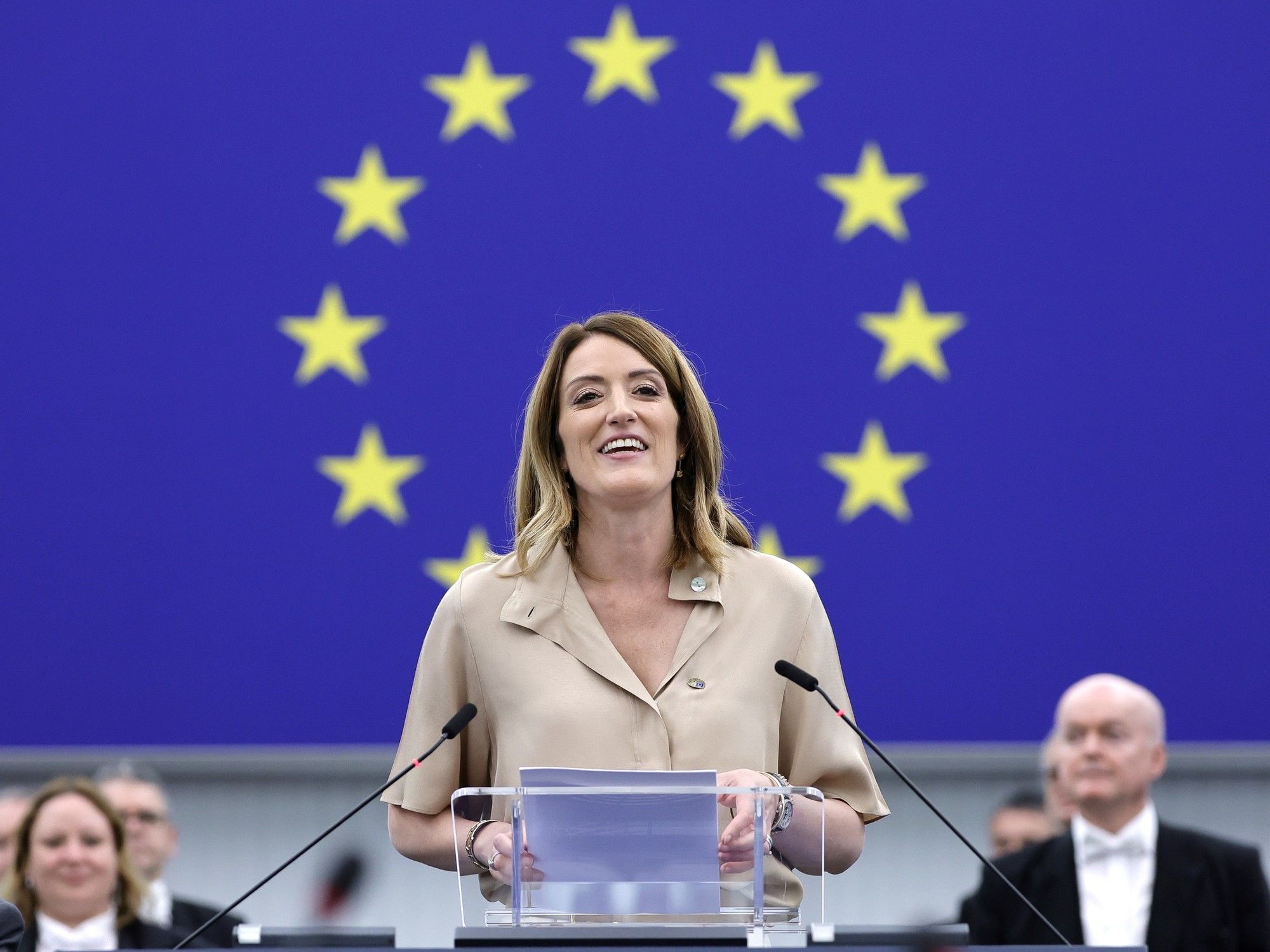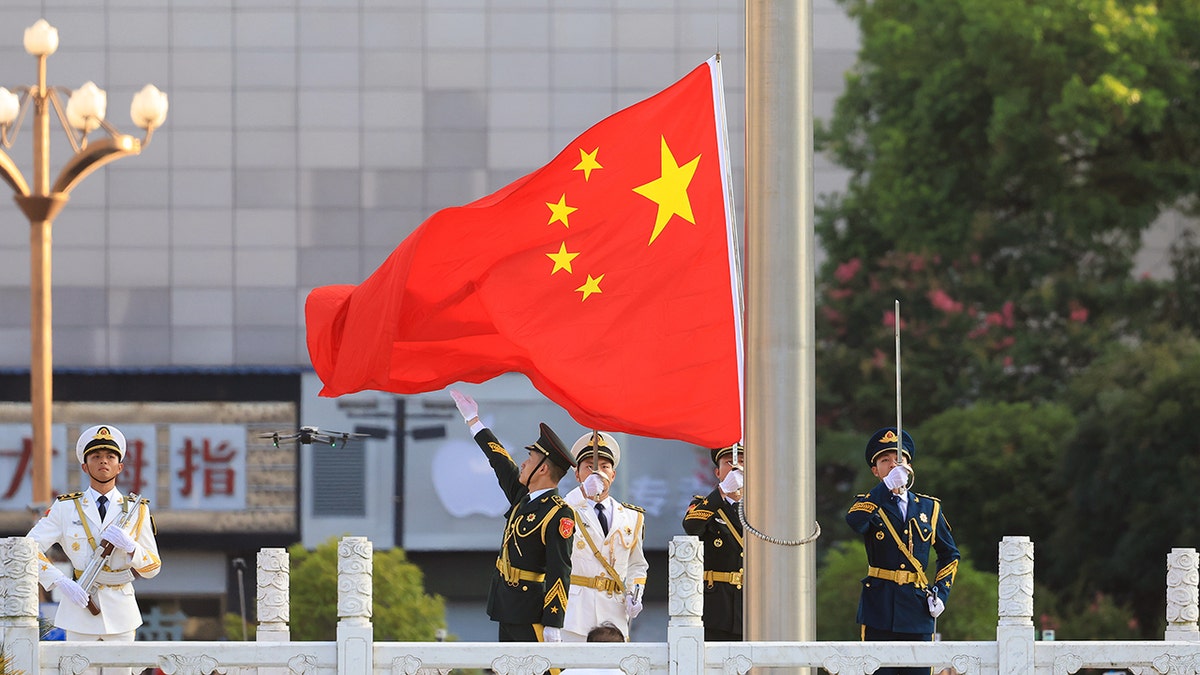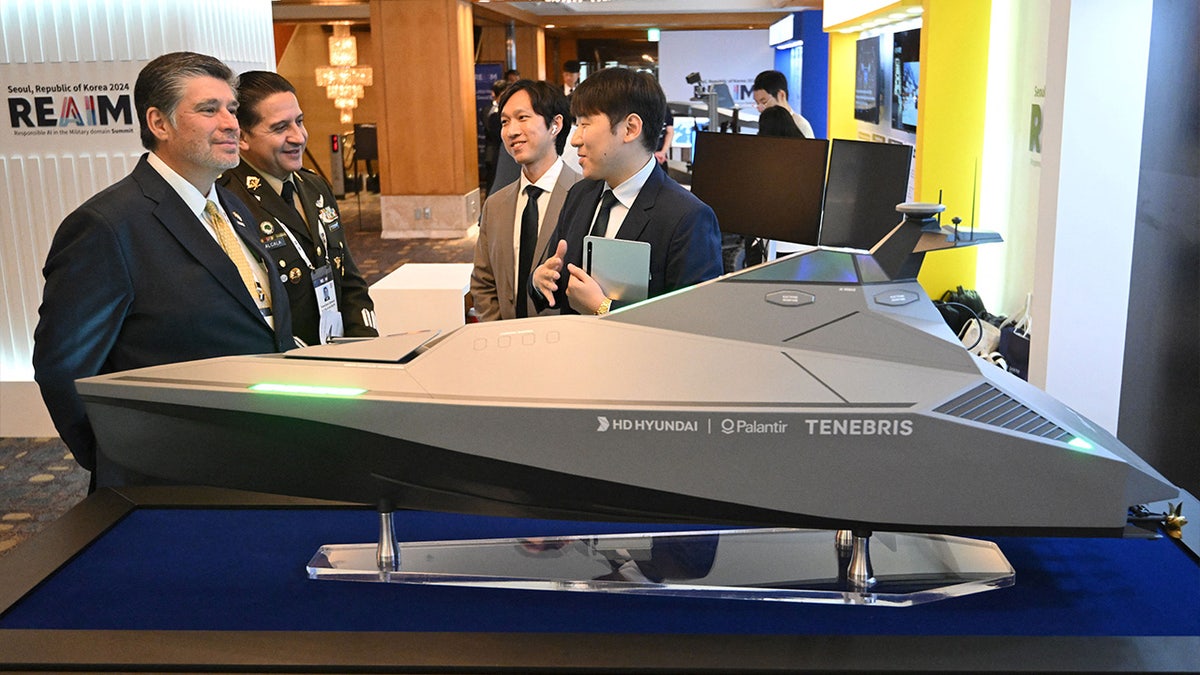INTERNACIONAL
El nuevo Parlamento Europeo abre la legislatura y reelige a Roberta Metsola como presidenta: «No debemos tener miedo de enfrentar autócratas»

La Eurocámara, renovada tras las elecciones europeas de junio, inició este martes la nueva legislatura con la reelección de la conservadora maltesa Roberta Metsola como su presidenta.
Metsola recibió 562 votos, y de esa forma conducirá al legislativo europeo en los próximos dos año y medio.
Abogada de 45 años, Metsola es presidenta del Parlamento Europeo desde 2022, cuando era primera vicepresidenta y asumió el máximo cargo ante el fallecimiento del entonces titular, el italiano David Sassoli.
«No debemos tener miedo de enfrentar autócratas. No debemos tener miedo de sostener nuestras promesas, de defender a Europa, y no tener miedo de construir una unión que funcione para todos nosotros», dijo Metsola luego de su elección.
En tanto, la española Irene Montero, candidata por el bloque de Izquierda, recibió 61 votos.
En su discurso de presentación, Montero dijo que era imperioso «hacer crecer las fuerzas de la paz, del fin del genocidio, del derecho a la vivienda, de los servicios públicos, de los derechos laborales, del feminismo, del antirracismo, del antifascismo y de la justicia social».
En esta 10ª legislatura europea, las mujeres representan el 39% del pleno, y en general exhibe un promedio de edad de 50 años.
El jueves, el parlamento votará si aprueba o no un segundo mandato para Ursula von der Leyen al frente de la Comisión Europea.
El avance de la ultraderecha
Luego de las elecciones europeas de junio, el Parlamento Europeo enfrenta una coyuntura política difícil, por el fortalecimiento de la extrema derecha.
El bloque del Partido Popular Europeo (PPE, derecha) sigue siendo el más importante del legislativo, seguido por el grupo de los Socialistas y Demócratas (S&D, socialdemócratas).
Esos dos bloques, y el grupo de Renew (liberales), formaban el trío político sobre el que se apoyaba el equilibrio del Parlamento Europeo en la legislatura que termina.
Sin embargo, en las elecciones de junio Renew cayó al quinto lugar, siendo superado por dos bloques de la extrema derecha; el de los Conservadores y Reformistas (ECR) y los Patriotas por Europa, impulsados por el primer ministro húngaro, Viktor Orban.
Así, el trinomio original (denominado ‘centrista’, por excluir a los extremos) aún representa una tendencia general mayoritaria, pero el fortalecimiento de la extrema derecha modifica todos los cálculos políticos.
En la legislatura saliente, por ejemplo, el ECR tenía una vicepresidencia del Parlamento Europeo y ahora exige tener dos, idea rechazada por los bloques de la izquierda.
Más allá de las exigencias de ECR, el grupo Patriotas por Europa (la tercera mayor bancada) debería quedarse con dos vicepresidencias.
Para enfrentar tal escenario, el trío principal se empeña en implementar lo que se denominó ‘control sanitario’ para bloquear que la extrema derecha llegue al poder.
Un portavoz del grupo Patriotas por Europa, Alonso de Mendoza, afirmó que se trata de «una práctica antidemocrática que priva de representación a millones de ciudadanos».
Por su parte, el bloque ECR pidió «no excluir a aquellos que no agradan a una mayoría determinada».
El conflicto de Von der Leyen
Al lanzar su candidatura para su segundo mandato, Von der Leyen había admitido que estaba dispuesta a colaborar con determinados sectores del ECR, en un intento por conseguir votos en ese bloque.
 Ursula von der Leyen va por un segundo mandato al frente de la Comisión Europea. Foto: EFE
Ursula von der Leyen va por un segundo mandato al frente de la Comisión Europea. Foto: EFESin embargo, cualquier eventual apoyo del ECR cerraría la puerta a votos desde los socialdemócratas y los liberales.
Por ello, en semanas recientes Von der Leyen se concentró en canales de diálogo con la bancada de los Verdes, que con sus 53 votos puede contribuir a marcar una diferencia.
En este caso, cualquier promesa de Von der Leyen a los Verdes ayudará a eliminar de un plumazo importantes votos en el PPE, que cuestiona aspectos claves de los planes ambientales del bloque, el llamado Pacto Verde.
El bloque ECR tiene en agenda una reunión con Von der Leyen este martes, y el portavoz del grupo político, Michael Strauss, adelantó las preocupaciones de esa familia política.
«No podremos apoyarla si ella persiste en su abordaje ideológico» sobre el Pacto Verde, comentó.
INTERNACIONAL
China opts out of international blueprint to stop AI race in weapons development

China this week chose not to sign onto an international «blueprint» agreed to by some 60 nations, including the U.S., that looked to establish guardrails when employing artificial intelligence (AI) for military use.
More than 90 nations attended the Responsible Artificial Intelligence in the Military Domain (REAIM) summit hosted in South Korea on Monday and Tuesday, though roughly a third of the attendees did not support the nonbinding proposal.
AI expert Arthur Herman, senior fellow and director of the Quantum Alliance Initiative with the Hudson Institute, told Fox News Digital that the fact some 30 nations opted out of this important development in the race to develop AI is not necessarily cause for concern, though in Beijing’s case it is likely because of its general opposition to signing multilateral agreements.
Participants are shown prior to the closing session of the REAIM summit in Seoul, South Korea, on Sept. 10, 2024. (JUNG YEON-JE/AFP via Getty Images)
MASTERING ‘THE ART OF BRAINWASHING,’ CHINA INTENSIFIES AI CENSORSHIP
«What it boils down to … is China is always wary of any kind of international agreement in which it has not been the architect or involved in creating and organizing how that agreement is going to be shaped and implemented,» he said. «I think the Chinese see all of these efforts, all of these multilateral endeavors, as ways in which to try and constrain and limit China’s ability to use AI to enhance its military edge.»
Herman explained that the summit, and the blueprint agreed to by some five dozen nations, is an attempt to safeguard the expanding technology surrounding AI by ensuring there is always «human control» over the systems in place, particularly as it relates to military and defense matters.
«The algorithms that drive defense systems and weapons systems depend a lot on how fast they can go,» he said. «[They] move quickly to gather information and data that you then can speed back to command and control so they can then make the decision.

The Guard of Honor of the Chinese People’s Liberation Army performs a flag-raising ceremony at Bayi Square to celebrate the 97th anniversary of China’s Army Day on Aug. 1, 2024, in Nanchang. (Ma Yue/VCG via Getty Images)
«The speed with which AI moves … that’s hugely important on the battlefield,» he added. «If the decision that the AI-driven system is making involves taking a human life, then you want it to be one in which it’s a human being that makes the final call about a decision of that sort.»

Participants are shown with the Tenebris, a medium-size unmanned surface vessel concept, on display at the REAIM summit in Seoul, South Korea, on Sept. 10, 2024. (JUNG YEON-JE/AFP via Getty Images)
Nations leading in AI development, like the U.S., have said maintaining a human element in serious battlefield decisions is hugely important to avoid mistaken casualties and prevent a machine-driven conflict.
ARMY PUSHES 2 NEW STRATEGIES TO SAFEGUARD TROOPS UNDER 500-DAY AI IMPLEMENTATION PLAN
The summit, which was co-hosted by the Netherlands, Singapore, Kenya and the United Kingdom, was the second of its kind after more than 60 nations attended the first meeting last year held in the Dutch capital.
It remains unclear why China, along with some 30 other countries, opted not to agree to the building blocks that look to set up AI safeguards, particularly after Beijing backed a similar «call to action» during the summit last year.
When pressed for details of the summit during a Wednesday press conference, Chinese Foreign Ministry spokesperson Mao Ning said that upon invitation, China sent a delegation to the summit where it «elaborated on China’s principles of AI governance.»
Mao pointed to the «Global Initiative for AI Governance» put forward by Chinese President Xi Jinping in October that she said «gives a systemic view on China’s governance propositions.»

Participants look at a miniature version of the KF-21 fighter jet on display at the REAIM summit in Seoul, South Korea, on Sept. 10, 2024. (JUNG YEON-JE/AFP via Getty Images)
The spokesperson did not say why China did not back the nonbinding blueprint introduced during the REAIM summit this week but added that «China will remain open and constructive in working with other parties and deliver more tangibly for humanity through AI development.»
CLICK HERE TO GET THE FOX NEWS APP
Herman warned that while nations like the U.S. and its allies will look to establish multilateral agreements for safeguarding AI practices in military use, they are unlikely to do much in the way of deterring adversarial nations like China, Russia and Iran from developing malign technologies.
«When you’re talking about nuclear proliferation or missile technology, the best restraint is deterrence,» the AI expert explained. «You force those who are determined to push ahead with the use of AI – even to the point of basically using AI as kind of [a] automatic kill mechanism, because they see it in their interest to do so – the way in which you constrain them is by making it clear, if you develop weapons like that, we can use them against you in the same way.
«You don’t count on their sense of altruism or high ethical standards to restrain them, that’s not how that works,» Herman added.
Reuters contributed to this report.
-
POLITICA3 días ago
Aerolíneas Argentinas inicia acciones legales contra los gremios y busca echar a Pablo Biró del directorio de la empresa
-
POLITICA1 día ago
Javier Milei celebró el apoyo al veto a la reforma jubilatoria: “Le pusieron un freno a los degenerados fiscales”
-
POLITICA17 horas ago
«Si quieren expulsarnos, que lo hagan ya»: uno de los diputados que cambió su voto calentó la interna radical y contó qué les dijo Milei
-
INTERNACIONAL2 días ago
«Tercera Guerra Mundial», «Venezuela con esteroides» y «Nos vendió a China», las frases más picantes del debate entre Kamala Harris y Donald Trump
-
CHIMENTOS9 horas ago
Alarma el estado de Jorge Lanata tras su traslado: «Estado vegetativo»
-
POLITICA10 horas ago
Un dirigente sindical habló de “reventar la Plaza de Mayo” si Javier Milei veta el presupuesto universitario



























